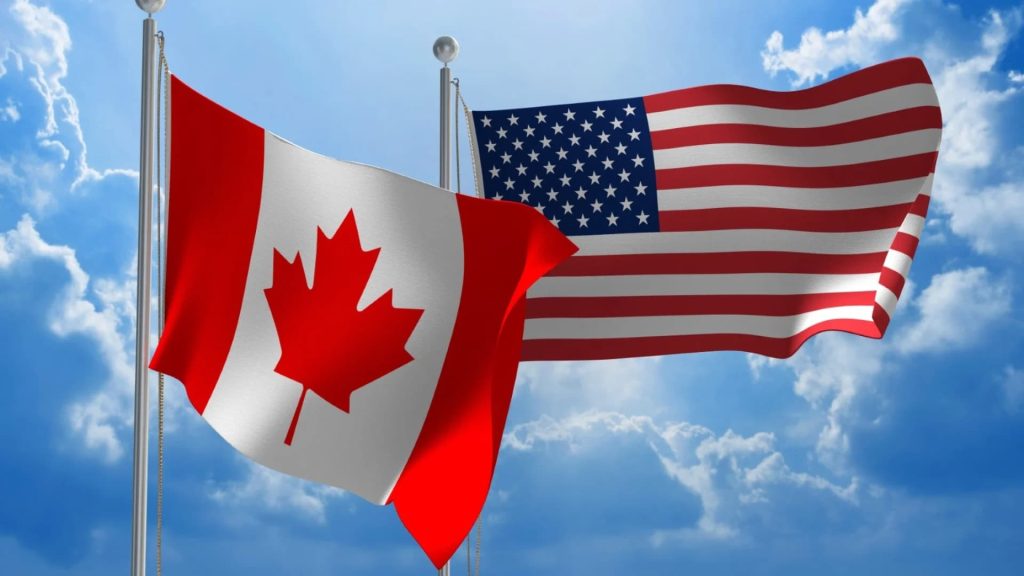
Understanding tax requirements can get tricky when living and working across borders, especially for American H1B visa holders earning money in Canada. The question “Do American H1B have to file foreign income in Canada?” is common among tech professionals, freelancers, and others navigating US-Canada tax rules. Many wonder if they need to report their Canadian income to Canadian tax authorities, or only stick with the IRS filings back home. Since H1B visa holders are primarily US tax residents, they face unique rules about foreign income reporting in Canada. This article covers Canadian tax filing obligations, the differences between resident and non-resident status in Canada, and how tax treaties affect US H1B visa holders working or earning in Canada. Whether you’re working remotely for a Canadian company or have rental income, knowing if and when to file in Canada can save you from penalties and double taxation issues.
Understanding Canadian Tax Residency For H1B Holders
One major factor influencing whether American H1B workers must file Canadian taxes on foreign income is residency status. Canada distinguishes tax residents from non-residents. If you spend significant time in Canada or establish residential ties (like a home, spouse, or dependents), you might be considered a resident for tax purposes. Residents file Canadian income tax on worldwide income, which includes foreign income. Non-residents typically pay taxes only on Canadian-sourced income. For H1B visa holders short-term or occasional visitors, usually classified as non-residents, filing Canadian tax returns for foreign income may not be necessary.

Tax Treaty Benefits Between US And Canada
The US and Canada maintain a tax treaty to prevent double taxation and resolve conflicting tax claims for cross-border workers, including H1B visa holders. This treaty helps clarify what income gets taxed where and provides credits so you aren’t taxed twice for the same income. For example, an American H1B working remotely in Canada may owe taxes to Canada on Canadian-sourced earnings but can claim credits on their US tax return. Understanding this treaty ensures you file correctly and optimize your tax liability.
When Do H1B Holders Need To Report Foreign Income In Canada?
If you earn income from Canadian sources, such as employment, rental property, capital gains, or business earnings, you may be required to file a Canadian tax return. For those considered residents, worldwide income reporting applies. Non-residents typically file only for Canadian income. H1B holders working physically in Canada too long or with permanent ties could trigger Canadian tax residency, prompting full reporting. Freelancers or remote workers must evaluate where the income is generated and their residency status to determine their filing requirements.
Practical Tips For H1B Visa Holders Filing Taxes
- Keep detailed records of your physical time in Canada and your ties to the country.
- Consult tax professionals familiar with cross-border US-Canada tax laws.
- File timely returns to avoid penalties and interest.
- Claim foreign tax credits on your US tax return to prevent double taxation.
- Use tax software or services that specialize in expats or foreign income.
FAQs
Do H1B visa holders need to file Canadian taxes if they don’t live in Canada?
Usually no, if you don’t meet Canadian residency criteria or don’t have Canadian income.
Can I avoid double taxation on income in US and Canada?
Yes, the US-Canada tax treaty allows tax credits to prevent being taxed twice.
Would you like me to expand on any specific section or add examples?